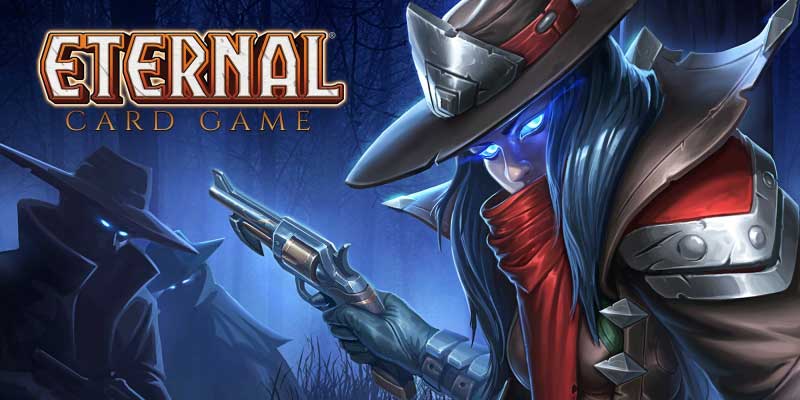Dive into the world of the Eternal Card Game, where strategy and skill come together in every move. With a wide range of factions, each offering unique powers, the game provides endless tactical possibilities. Whether you’re a pro or a newcomer, this guide will help you sharpen your gameplay and outsmart your opponents. Master the techniques that will elevate your performance and dominate the battlefield, leaving rivals in your wake. Ready to level up? Explore more with nhà cái kuwin and begin your journey to victory!
Core Mechanics and Gameplay
Understanding the core mechanics of the Eternal Card Game will provide you with the foundation needed to excel in your matches. Here, we will explore the five factions, the card system, and the various game modes available for players.
Understanding the Five Factions
In the Eternal Card Game, the five factions serve as the backbone of the game’s strategy. Each faction possesses unique characteristics that influence the style of play.
Fire, known for aggressive tactics, emphasizes fast-paced strategies with burn spells and damage-dealing creatures. Players who thrive on overwhelming their opponents quickly often gravitate towards this faction.
Time focuses on manipulation and control. Cards from this faction allow players to draw extra cards, manipulate the top of their deck, or even return cards to their hand, providing strategic options that can turn the tide of battle.
Justice highlights defense and protection, featuring cards that grant shields and armor to protect valuable units. This faction promotes a more gradual approach to victory, allowing players to build a solid board presence while delaying their opponent’s progress.
Primal thrives on card draw and versatility, often employing creatures with special abilities that can swing games. This faction excels in creating unexpected plays, maintaining pressure while surprising opponents with clever tactics.
Shadow specializes in subterfuge and disruption. Cards from this faction can steal resources, sabotage opponents’ strategies, or even summon powerful units at a lower cost. Players who prefer sneaky tactics often find themselves drawn to Shadow.
How the Card System Works
An integral part of the Eternal Card Game is its card system, which governs how players interact with the game. At the heart of this system is the mana mechanic, allowing players to pay the costs associated with playing their cards.
Players gain one power (the game’s version of mana) each turn, up to a maximum of ten. Some cards require a specific number of power points to be played, while others might need influences from particular factions. This introduces an additional layer of strategy, requiring players to balance their card choices with their power availability.
Moreover, cards come with varying rarity levels, influencing their availability and effectiveness within the game. Common cards are easily accessible, whereas rare and legendary cards often offer powerful effects that can shape matches. As players build their collections, understanding these nuances is essential for constructing competitive decks.
Game Modes and Play Styles
The Eternal Card Game offers players several modes, catering to different gameplay styles and preferences.
Ranked mode challenges players to climb leaderboards against others of similar skill levels. Progression through ranked play increases the stakes, pushing players to refine their strategies and adapt to ever-changing meta dynamics.
Draft mode allows players to build decks from randomly selected cards, promoting creativity and adaptability. This mode encourages experimentation, as players must make quick decisions and think on their feet.
Gauntlet mode presents a series of AI opponents, testing players’ abilities to construct and execute strategies against various decks. This is a great way for players to practice without the pressure of competing against real opponents.
Events and Expedition modes introduce unique rules and conditions, offering players diverse experiences with rewards for successful gameplay. These modes foster excitement through limited-time challenges, incentivizing players to engage regularly.
